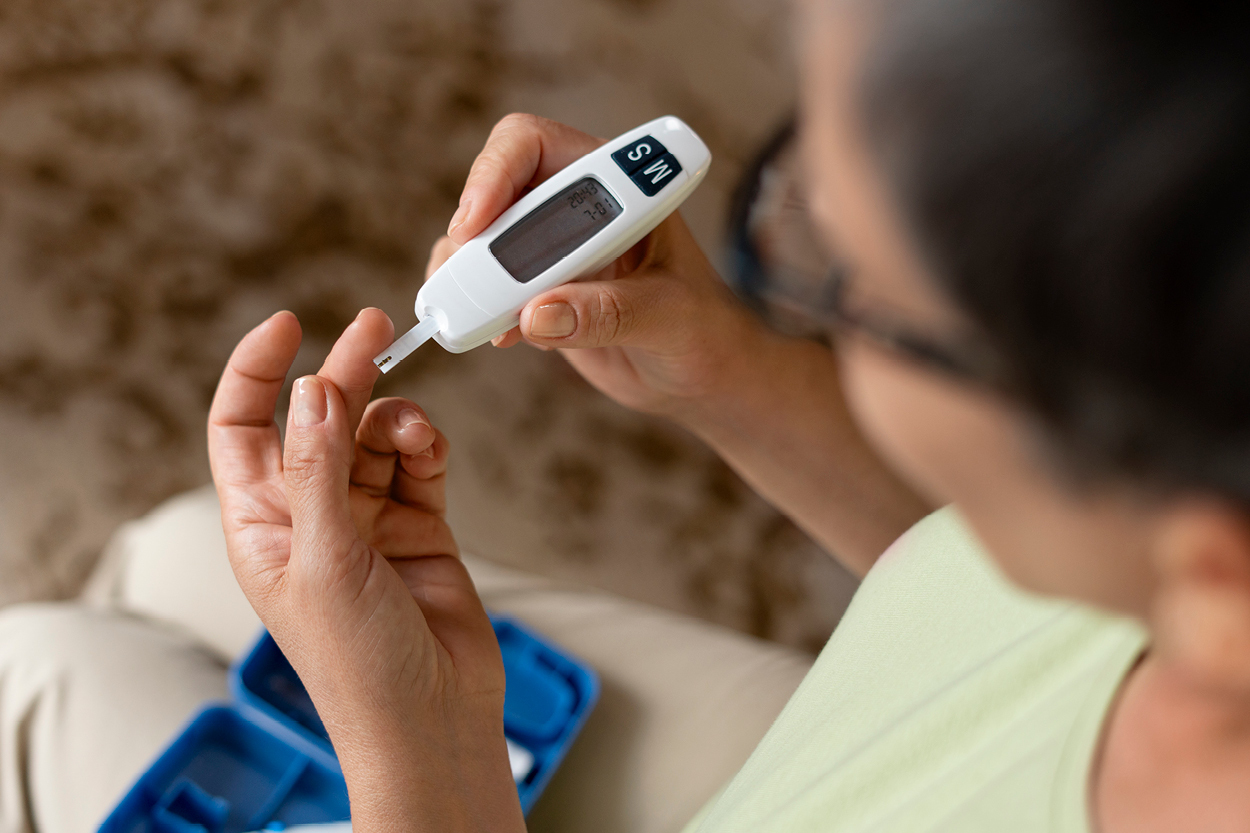Is Diabetes Genetic?
Have you ever wondered if your family's health history puts you at higher risk for diabetes? If your parents, siblings, or other close relatives have diabetes, you're right to be curious about your own risk. While your genes do play a role in diabetes, they're only part of the story.
Your Family History Matters
Diabetes does run in families, but the extent to which it does depends on the type. With type 1 diabetes, if your father has it, your risk is about 1 in 17. Though if your mother has it, your risk is about 1 in 25. Type 2 diabetes shows an even stronger family connection. If one parent has type 2 diabetes, your risk is about 40%. If both parents have it, your risk can be as high as 70%.
Risk Factors to Know About
You can't change your family history, yet many diabetes risk factors are in your control. Carrying extra weight increases your risk; similarly, not getting enough exercise exacerbates the issue, as physical activity helps your body utilize insulin more effectively. Maintaining your overall health is essential for diabetes prevention.
Age can be a significant risk factor, with risk increasing after 45. Some ethnic groups face a higher risk, including African Americans, Hispanic/Latino Americans, Native Americans, Asian Americans, and Pacific Islanders. High blood pressure and abnormal cholesterol levels can also increase your chances of developing diabetes. When it comes to women, if you have had diabetes during pregnancy or have PCOS, you also have a higher risk.
Lower Your Risk
Keeping a healthy weight through good food choices makes a big difference. You don't need a perfect diet; instead, focus on whole grains, lean proteins, vegetables, and fruits. It is also essential to limit processed foods and sugary drinks, as this lowers your risk and improves your health.
Make an effort to incorporate more exercise into your daily life. Aim for 150 minutes of exercise per week, which could be as simple as a 30-minute walk five days a week. Exercise helps your body use insulin more effectively and can help prevent or delay the onset of type 2 diabetes. Getting enough sleep, managing stress, and staying connected with friends and family also help maintain healthy blood sugar levels.
Catching prediabetes early gives you time to make fundamental, lasting changes before it becomes full diabetes. If diabetes runs in your family or you have other risk factors, regular screening is one of the best steps you can take for your health.
Your doctor can help you understand when to start checking and what your results mean. At NY Health, we're here to answer your questions, create a plan that works for your life, and support you every step of the way. Taking action now means you're taking control of your future health, and that's something to feel good about.

